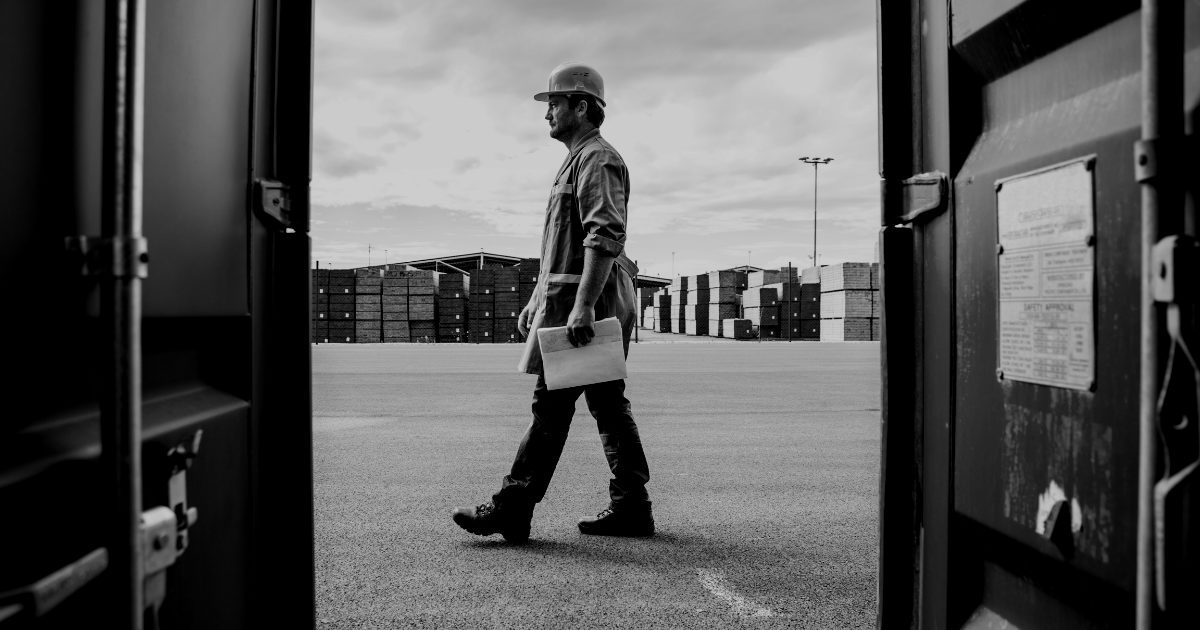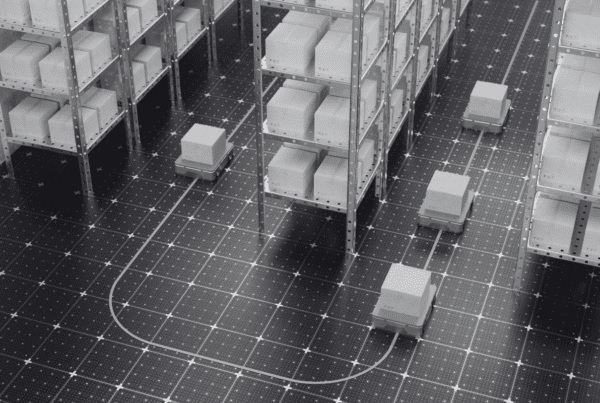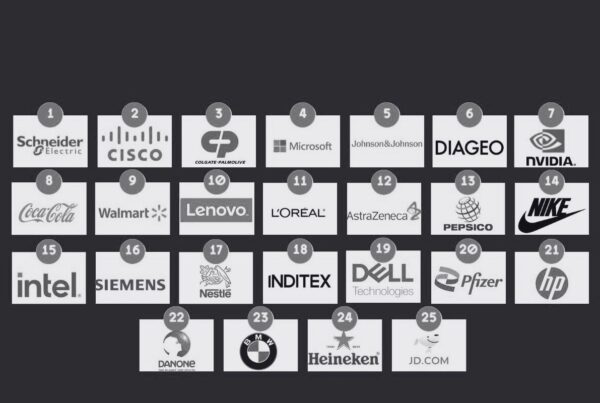Last-Mile is here to stay, even as we move out of pandemic-led survival mode and logistics leaders revamp to a more strategic approach to distribution operations. Consumer confidence will inevitably return in 2021 as the COVID-19 vaccine becomes as common as the flu shot at the local pharmacy. With that renewed confidence will come renewed spending, driven by what has often been referred to as “revenge shopping.”
The next normal is already significantly different from pre-COVID 2019, and it will surely not mean going back to how we operated our fulfillment and distribution operations. The expected resurgence of last-mile volume will also mean a year of transformation for last-mile operations. Businesses and society will be focused on resetting for the future rather than the “let’s just get through 2020” mindset. This is an undeniably transformational shift in retail commerce, and the last-mile evolution is the poster child for that movement. Last-mile practitioners need to accept and act on that transformational reality.
Higher parcel package counts, erratic lead-time demands, and disparate destinations will remain the new normal of fulfillment operations. Add in consumer buying behavioral changes, specifically the permanent shift in shopping via online, curbside and pickup in store versus a trip to the mall, and you get significantly more complicated logistics fulfillment operations as a result. The focus must be to change and adapt processes, technology, and perspective to survive.
Given the mission-critical role that last mile plays in the success of the customer experience, the talent required to design and run such operations has elevated itself out of necessity and driven by its complexity. Leaders in last-mile management are coming out of IT, operations, inventory planning, transportation and even finance. The successful execution of last mile has become reliant on disparate knowledge areas like advanced analytics, sustainability, network design, inventory management in stores used for fulfillment, reverse logistics and digital ecommerce platforms.
The list continues to grow as we watch 2021 evolving into the current versus future state. Suddenly, teams of specialists are needed to rationalize and support all the critical last-mile components — the role can no longer function as a one-person operation. The demand for cross-functional leadership in logistics has never been more prevalent than the new last-mile function, and companies must recruit, develop, and employ that talent quickly, or risk losing customers and market share.
Last mile has certainly jumped to the forefront of logistics operations in retail. The time is now to reset your last-mile strategies, build agility in your distribution network and embrace the definition of success in delivering exceptional service.
Source: Gartner





